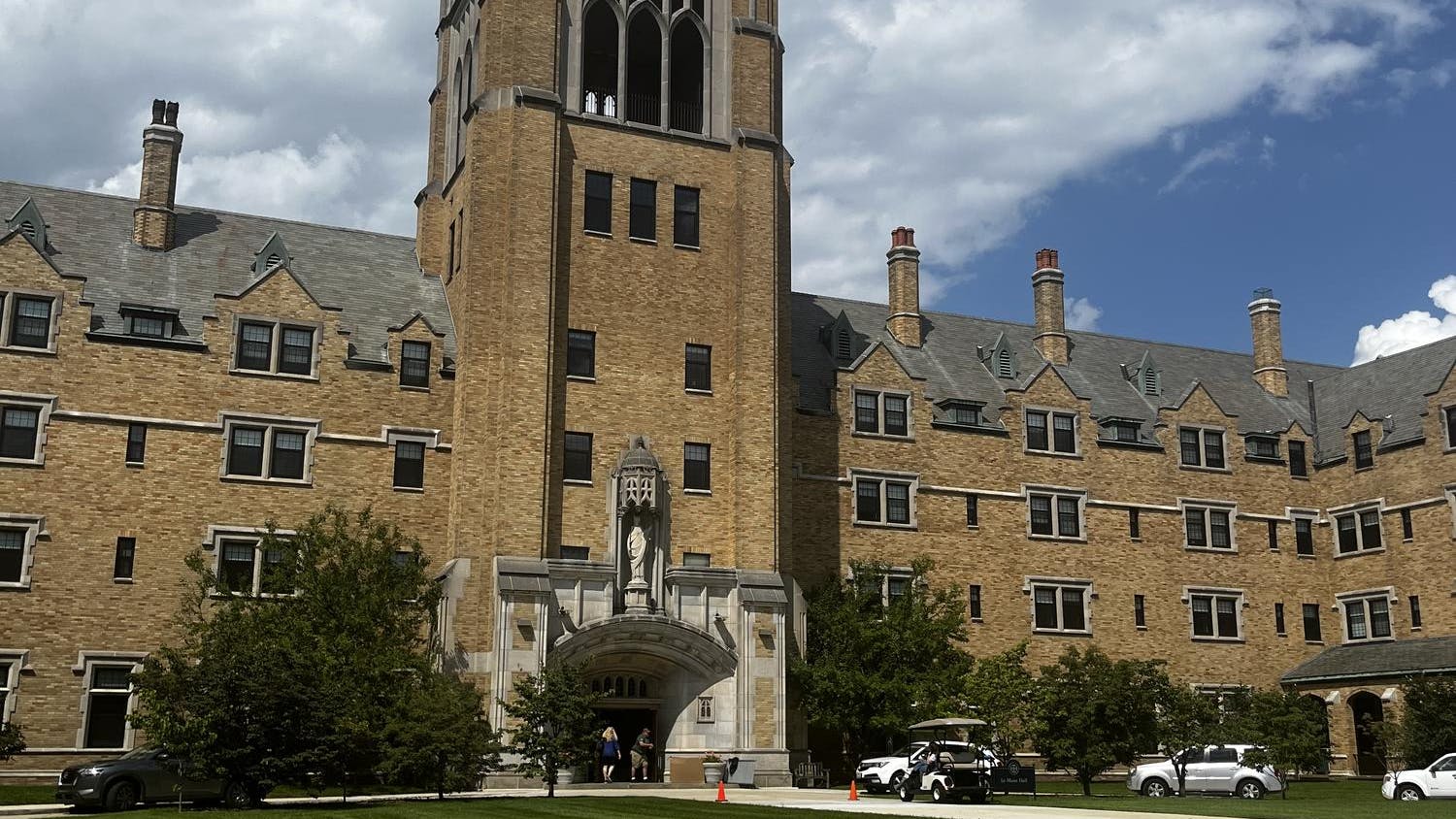When voters across the nation visit the polls Nov. 6, residents of some states may be required to bring along a document they did not need in previous elections - a form of identification.
The popularity of so-called "voter ID laws," the first of which was enacted in Alabama in 2003, has increased greatly over the past several years. Presently, 30 states have passed some form of law requiring voters to present a valid form of identification prior to voting in an election.

Senior Mickey Gardella, president of Notre Dame's College Republicans, said voter ID laws are reasonable and present a very small infringement on liberty, if any at all.
"It's very important in preventing voter fraud and making sure people are who they say they are," he said. "In today's day and age it's very easy and almost necessary to have some form of ID."
The form of identification required by states varies. Some state legislatures have passed strict laws requiring a government-issued photo ID, while others will accept anything with an individual's name on it, such as a food stamp card or a utility bill.
Although Gardella's home state of New Jersey does not have a voter ID law in place, he said he understands the laws are intended to protect the rights of voting citizens.
"We look at it as protecting the rights of citizens, that their votes count and there votes are not diluted by people who should not be voting because they are not citizens, not registered or they're impersonating someone else," he said.
Senior Jessie Bretl's home state of Wisconsin recently passed a strict ID law requiring voters to present photo identification prior to casting their ballots. The law will go into effect after the 2012 elections.

Bretl said she was surprised she did not need to present identification when she voted in a recall in June and said she will be glad when the new law takes effect.
"All I needed was my name to be able to vote," she said. "Any person could have said my name and voted for me. The new law will make me more comfortable that the process is fair and that chances of election fraud would seriously decrease."
Although the laws have many supporters, opponents of voter ID laws claim the laws favor Republicans since citizens more likely to vote Democrat are also more likely to have difficulties obtaining identification for financial reasons.












